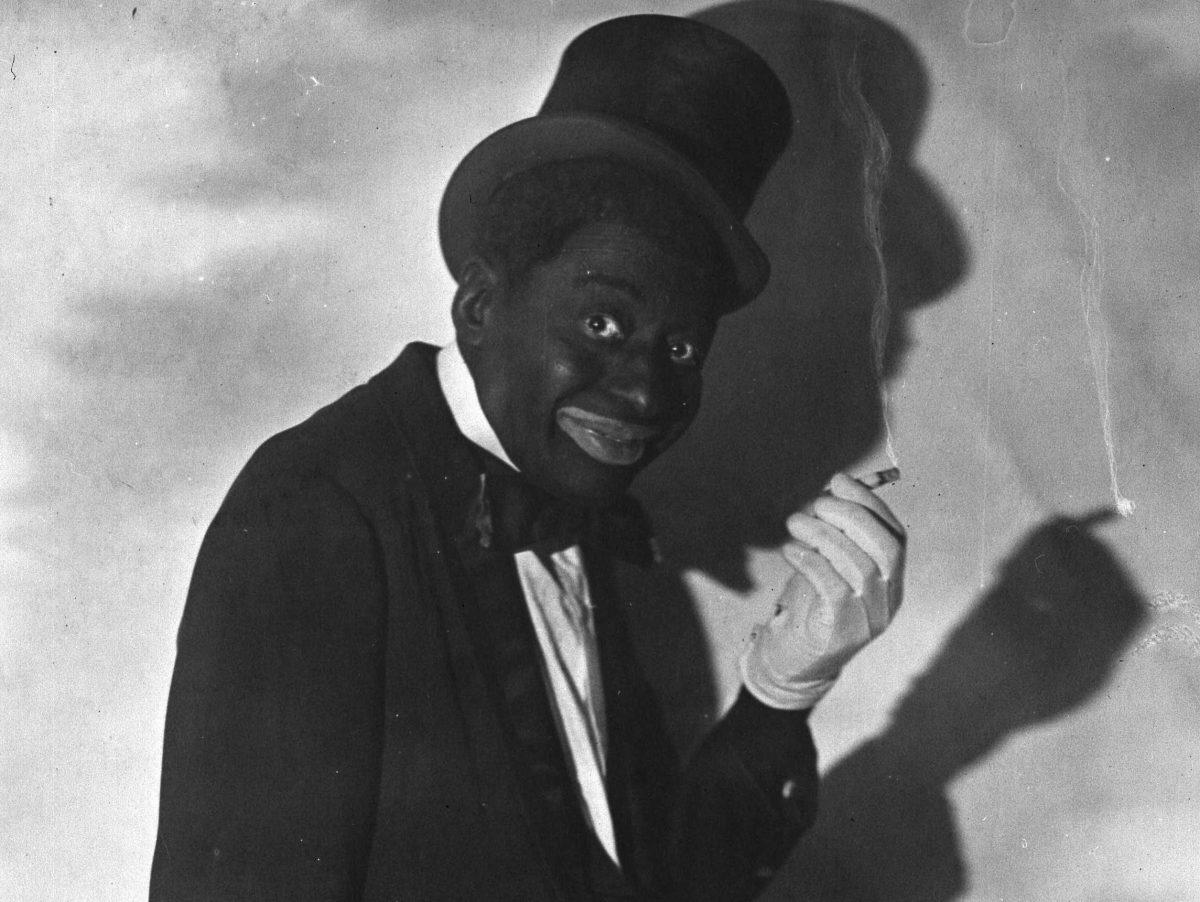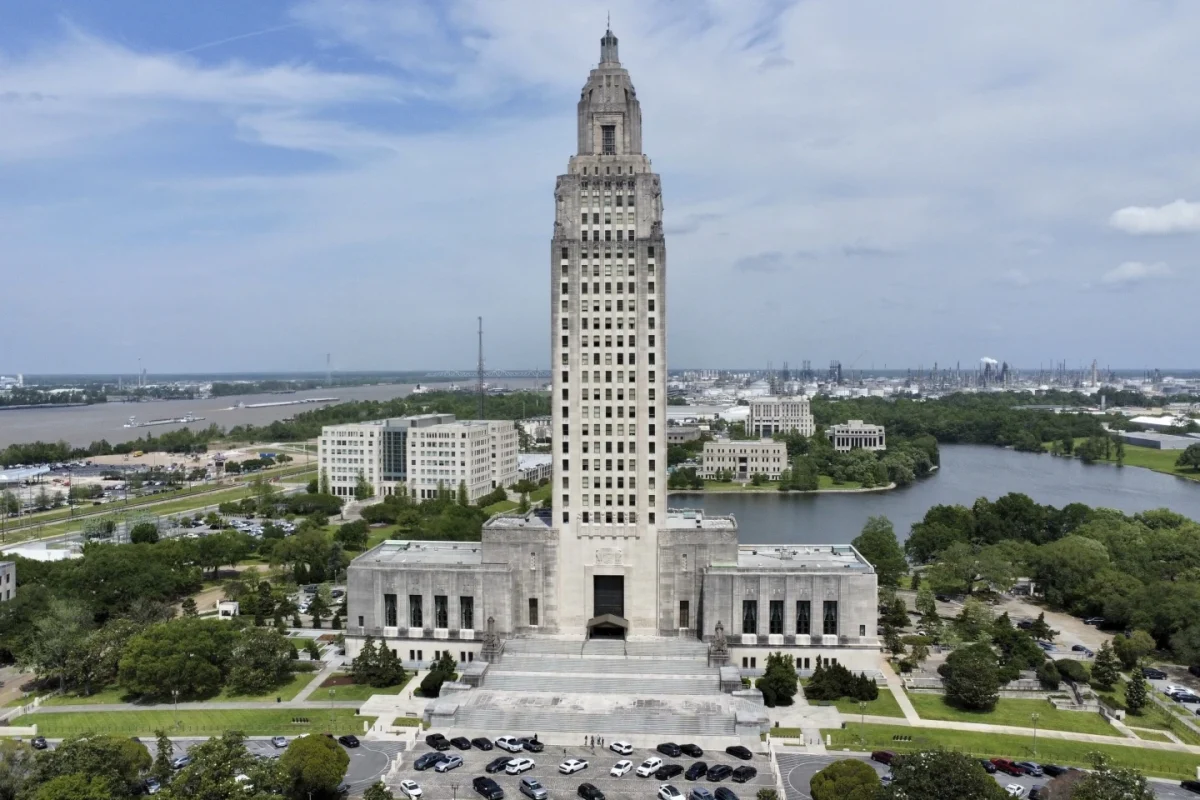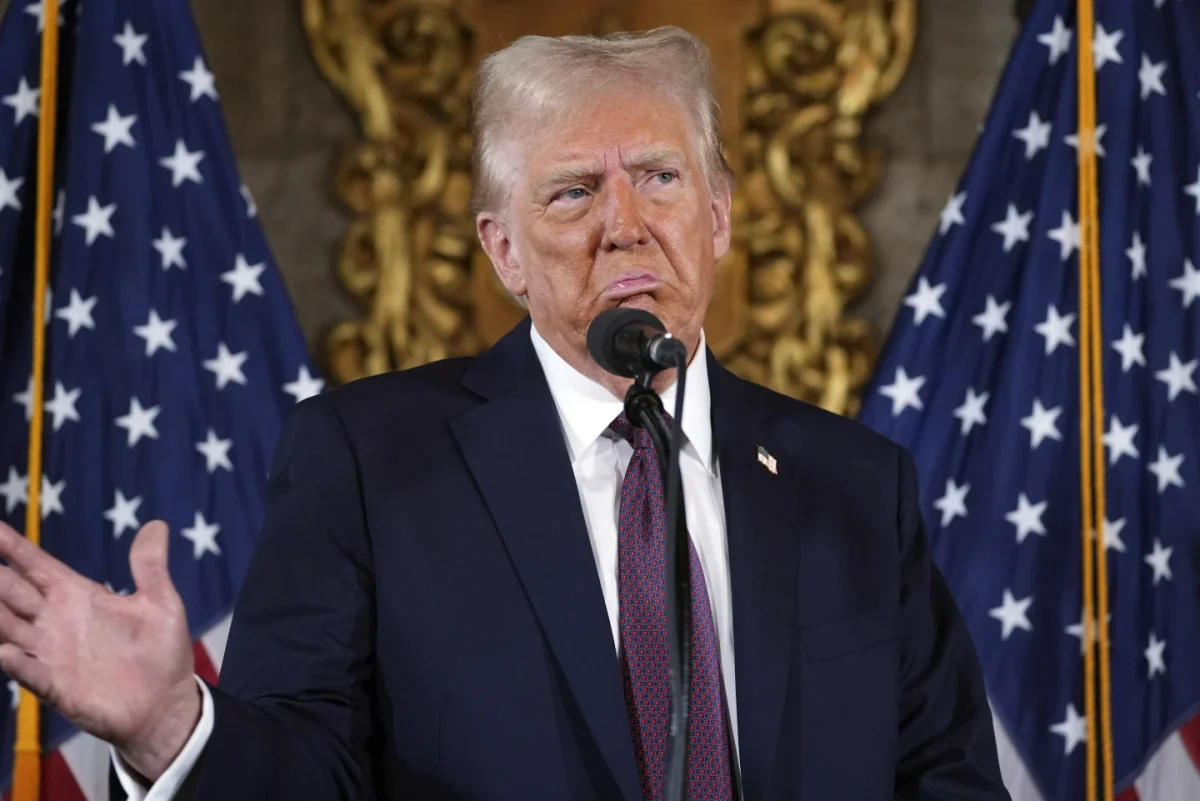You’re more than capable of dressing up as Beyoncé without painting your face black. Even if you’re looking for a last-minute costume, don’t throw on some brown makeup and draw on some face tattoos and call yourself Lil Wayne. Don’t do it.
“We’re a Culture, Not a Costume” is the name of a campaign created by Ohio State University students. Those university students, like many students and minorities nationwide, despise seeing these blackface costumes — especially when they’re portraying “thugs” or other negative minority stereotypes.
“During Halloween, we see offensive costumes. We don’t like it, we don’t appreciate it,” said Sarah Williams, former president of Students Teaching About Racism in Society. “The best way to get rid of stereotypes and racism is to have a discussion and raise awareness, which is what we want to do with this campaign.”
Most of the blackface we see during Halloween can be accredited to uneducated or misinformed mindsets of people. There’s an extensive history behind why blackface is incredibly offensive. Unfortunately, the act is something that’s usually skimmed over in textbooks for grammar and high schools. Nonetheless, it’s 2017, and most information can be found on the internet.
In medieval Europe, black masked figures would perform acts of violence as forms of entertainment. The idea of blackface in American minstrel shows came in the 19th century. People would put on blackface and mock African-Americans for their features such as their big lips and noses; these shows, entrenched in a dreadful past, continued until the 1970s. These accounts all led to the negative connotation that black and brown skin is substandard and dangerous.
Last week, The Daily Show’s correspondent Roy Wood Jr. dressed as a vampire to explain the history of why blackface is always a terrible idea. He says minstrel shows “got people thinking that slavery was a damn booze cruise.”
Aside from the continuous mocking and ridicule as forms of entertainment, minorities were constantly treated as less than human throughout history. We saw this during slavery and times of segregation. Even now, people would argue minorities are treated as inferior by way of the education and justice systems. So, mocking other marginalized groups and cultures for your own personal enjoyment is despicable.
Now, if you’re putting on blackface and dressing as a prisoner or criminal, then that brief history lesson won’t be beneficial. I can’t think of a reason why any person would need to paint their face black to portray a wrongdoer. Any person who does is nothing more than foolish and insensitive — something education can’t fix.
BuzzFeed’s former Indigenous Affairs reporter Allan Clarke once said, “Let the people of color define what’s racist. Let them define what’s offensive to them.” Clarke is absolutely right. After centuries of discrimination and hate minorities have been forced to deal with, the least people can do is allow us to choose what’s offensive to us.
Be thoughtful and respectful with your Halloween costumes this year. If you want to dress as Leonard Fournette, go for it. Grab the Tiger football jersey and helmet — just avoid the blackface.
Clarke Perkins is a 21-year-old political science senior from New Orleans, Louisiana.
Opinion: Costumes should never include use of blackface, offensive stereotypes
October 31, 2017
blackface








